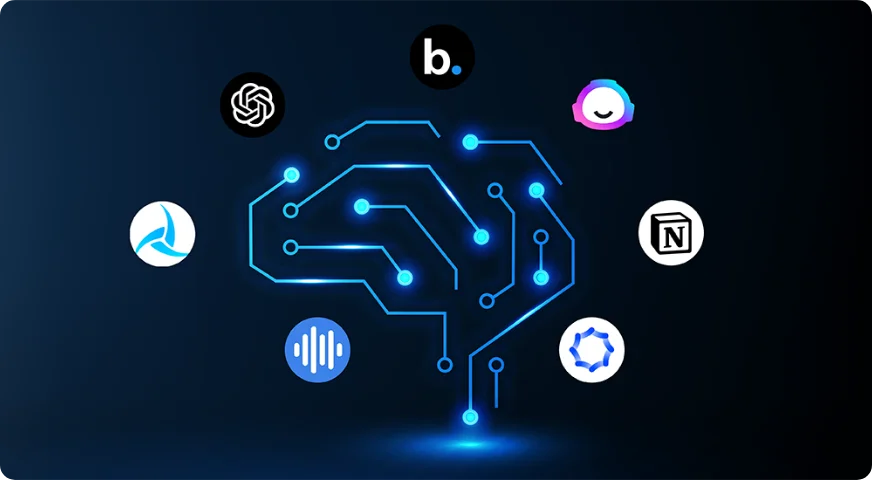Table of Contents

In an era marked by rapid technological advancements, one concept stands out as a game-changer: Artificial Intelligence (AI). From self-driving cars to voice assistants, AI has emerged as a transformative force with the potential to revolutionize industries, enhance everyday lives, and reshape our understanding of what’s possible. In this blog, we will explore the fascinating world of AI and delve into its extraordinary capabilities, promising applications, and the ethical considerations it brings forth.
1. Understanding Artificial Intelligence
At its core, AI refers to the development of computer systems that can perform tasks that typically require human intelligence. By mimicking cognitive functions like learning, problem-solving, and decision-making, AI algorithms enable machines to process vast amounts of data and make predictions or take actions based on that information. Machine Learning (ML) and Deep Learning (DL) are two prominent branches of AI that have significantly propelled its growth and potential.
2. The Power of AI in Various Industries
AI’s impact spans across diverse sectors, transforming the way we work, communicate, and interact. In healthcare, AI assists in diagnosing diseases, analyzing medical images, and discovering new drug treatments. It aids in optimizing logistics and supply chain management, boosting productivity in manufacturing, and streamlining operations in finance. Additionally, AI plays a vital role in improving customer experiences through personalized recommendations, virtual assistants, and chatbots.
3. AI Ethics and Responsible Deployment
While AI brings tremendous opportunities, it also poses ethical challenges. One concern is the potential bias embedded in AI algorithms, which can perpetuate discrimination or reinforce existing inequalities. Ensuring fairness, transparency, and accountability in AI systems is crucial to mitigate such risks. Ethical frameworks and guidelines are being developed to govern AI development and usage, emphasizing responsible deployment, data privacy, and human oversight.